Ari Wallach is a futurist and he joins us to discuss his methods for teaching people to think far into the future in order to connect to what really matters.
Read more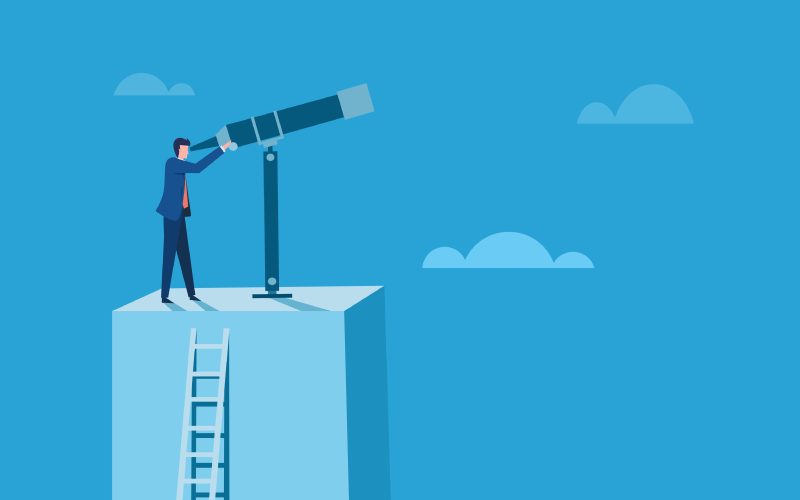


Ari Wallach is a futurist and he joins us to discuss his methods for teaching people to think far into the future in order to connect to what really matters.
Read more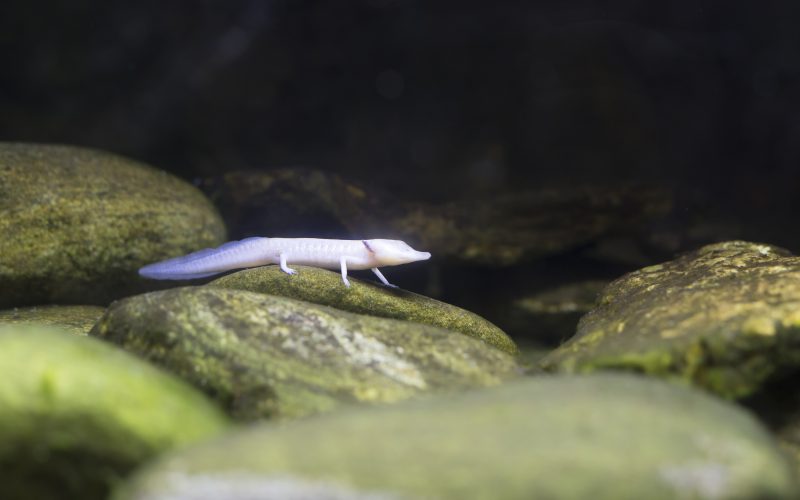
Vox environmental reporter Benji Jones joins guest host Courtney Collins to discuss why it’s so hard to protect animals when the scientific community isn’t sure if they still exist.
Read more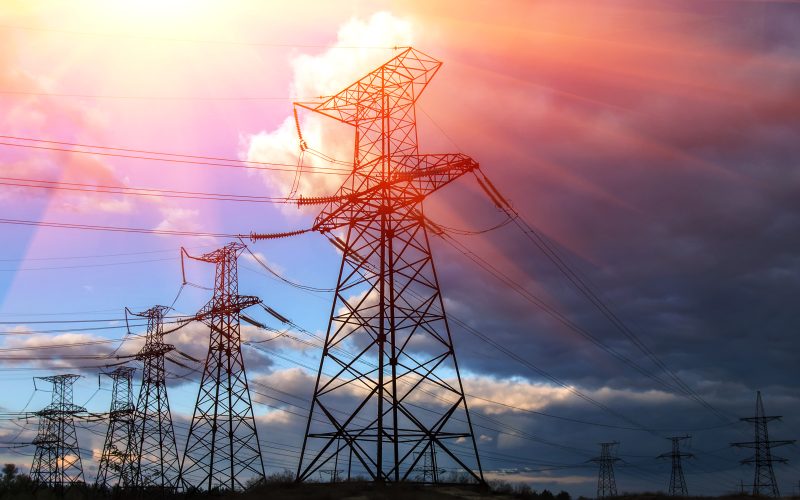
KUT reporter Mose Buchele talks about the policies rolled out to ensure the grid would hold for the future, the failures that persist, and the people’s lives still affected by the powerful winter storm.
Read more
Eric Dean Wilson discusses how America uses more energy for cooling than any other nation on the planet and how that’s fueling the climate crisis.
Read more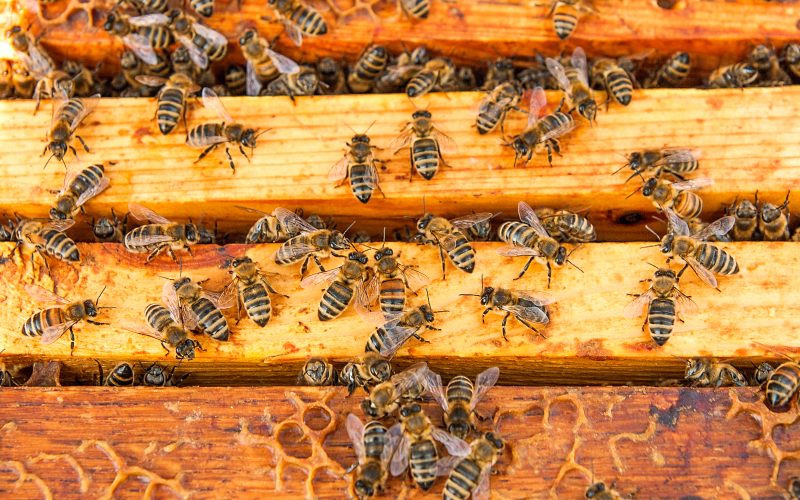
Professor Lars Chittka discusses the sentience of bees – from their ability to learn to having an emotional life – and the moral obligation we have to help them survive.
Read more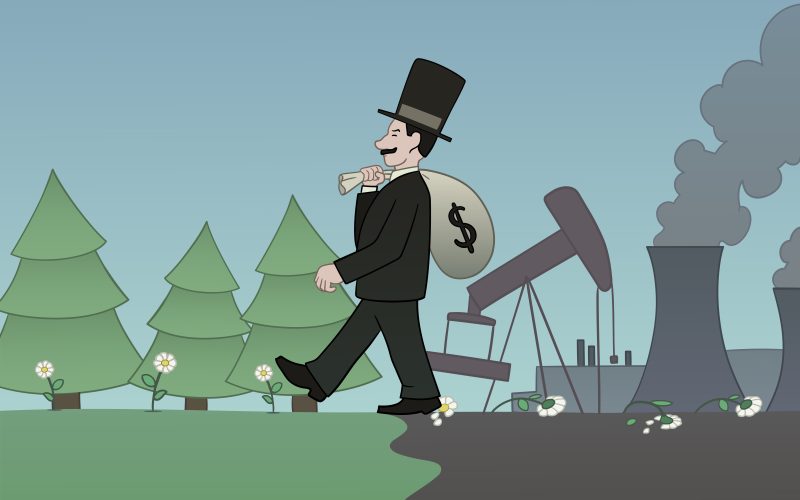
Bob Keefe discusses why the business world is concerned about the economic impact of climate change, and why capitalism might be the key to breaking gridlock on climate action.
Read more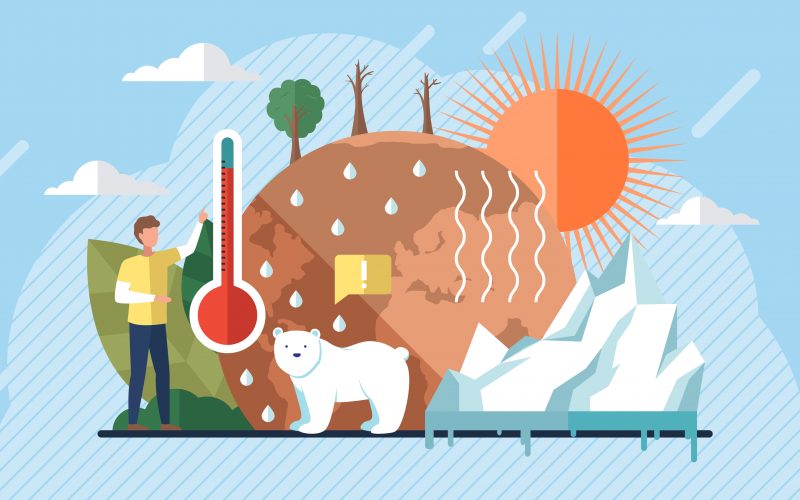
Of all the species on Earth, humans have easily had the biggest impact. We’ll look at how our actions have affected everything from the bug population to the plants and trees many animals call home.
Read more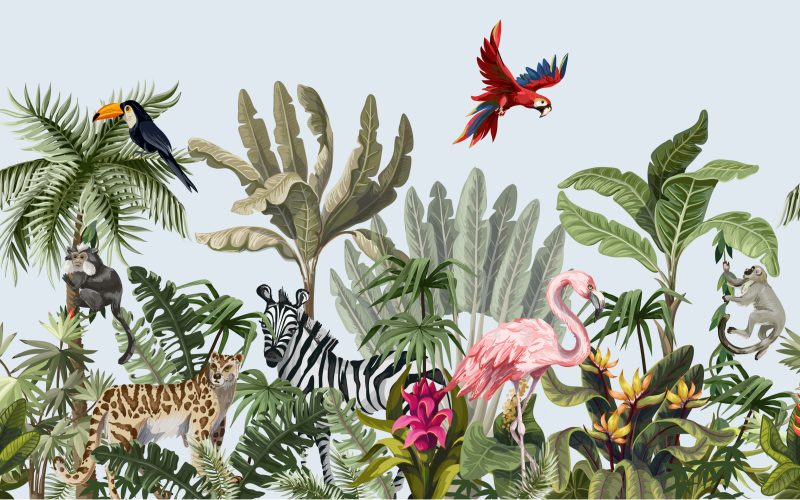
Ed Yong, Pulitzer Prize–winning science writer on staff at The Atlantic, discusses what seems like animal magic powers – from magnetic fields and sonar to complex vision and heightened smell.
Read more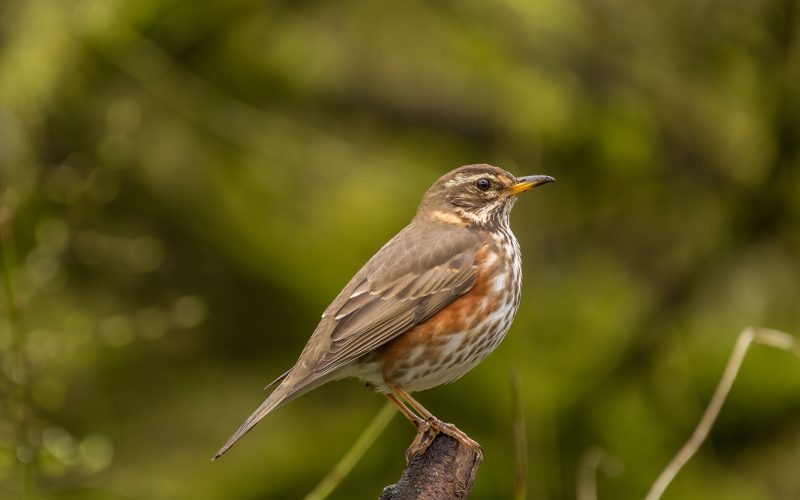
Kevin Nguyen is features editor for The Verge, and he joins us to tell the story of a man who spotted the first redwing in Maine and the domino effects that unleashed for avid birders.
Read more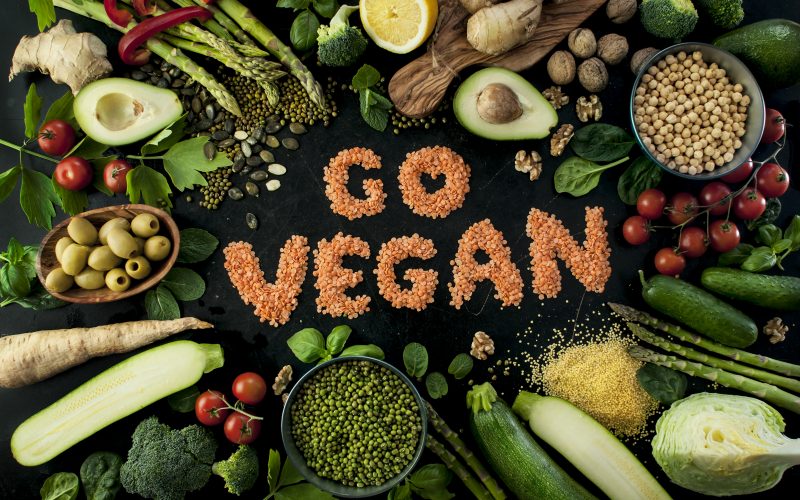
Roanne van Voorst is a futures-anthropologist, and she joins us to discuss her vision for a world not reliant on meat for food or clothing.
Read more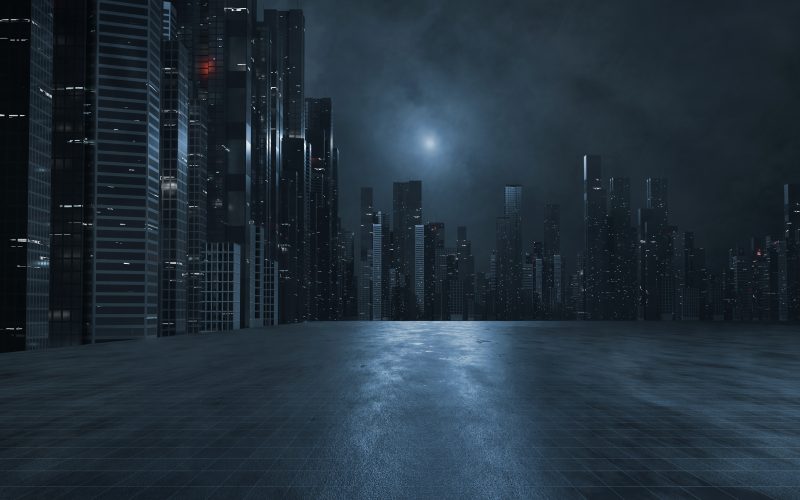
Harper’s Magazine contributor Suzannah Showler discusses the night sky, how light is polluting it and the effect that has on all animals, and the profound connection humans have to darkness.
Read more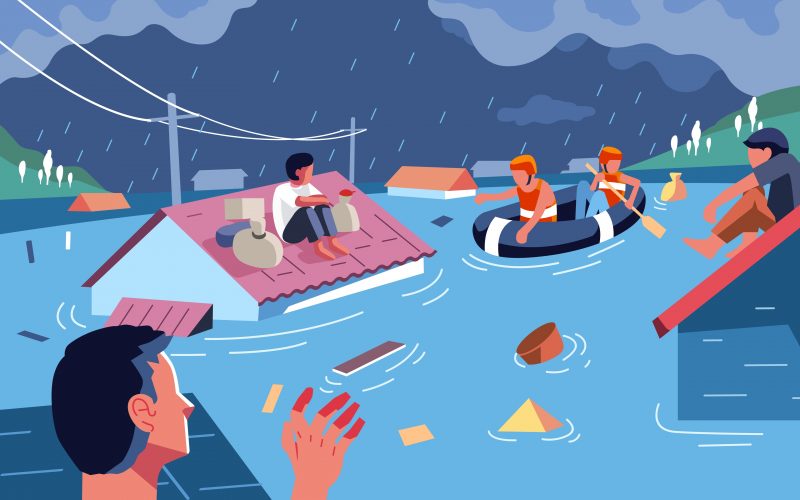
Juliette Kayyem, a lecturer at Harvard and faculty director of the Homeland Security Project and the Security and Global Health Project, discusses her approach to crisis management.
Read more